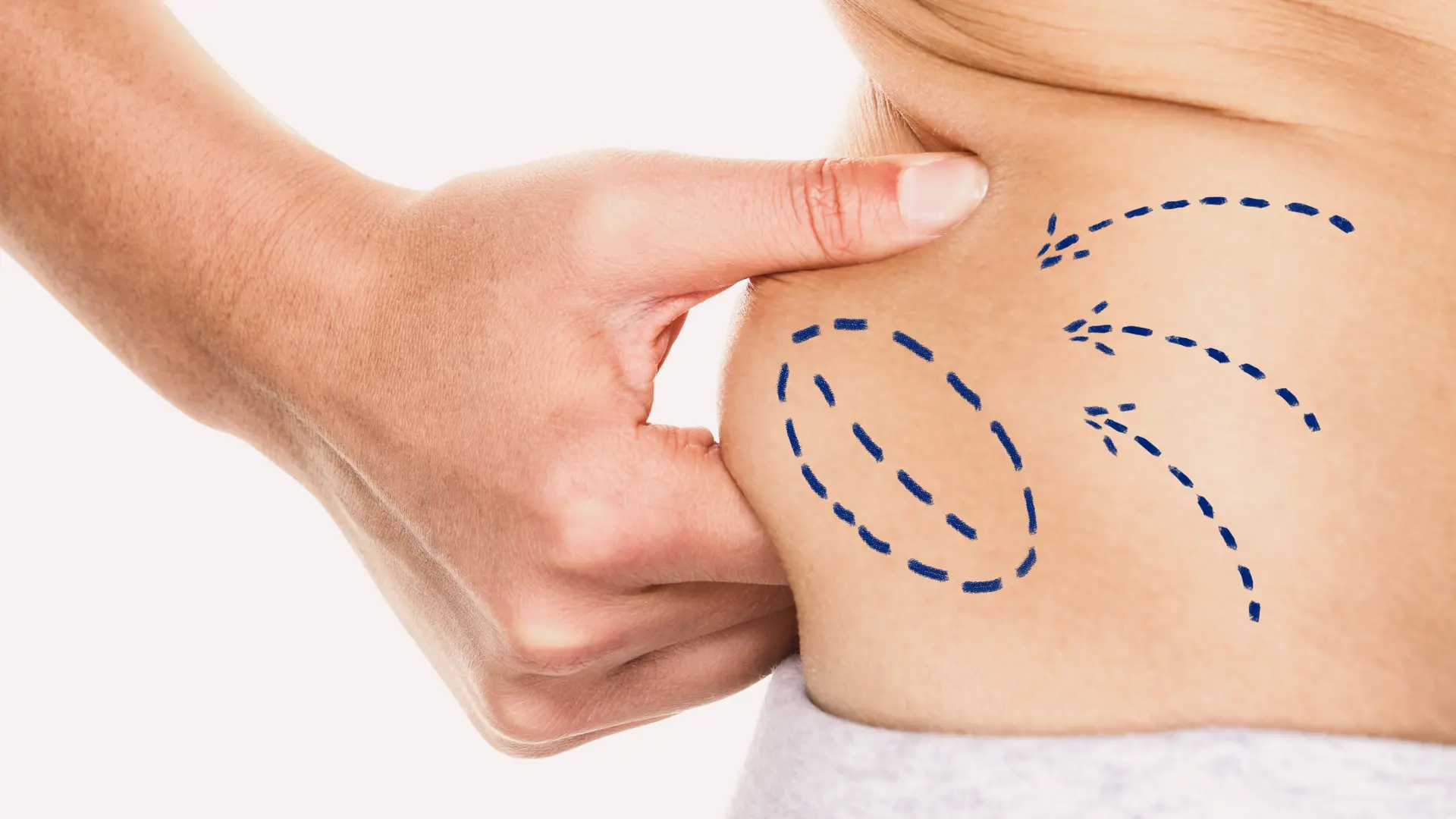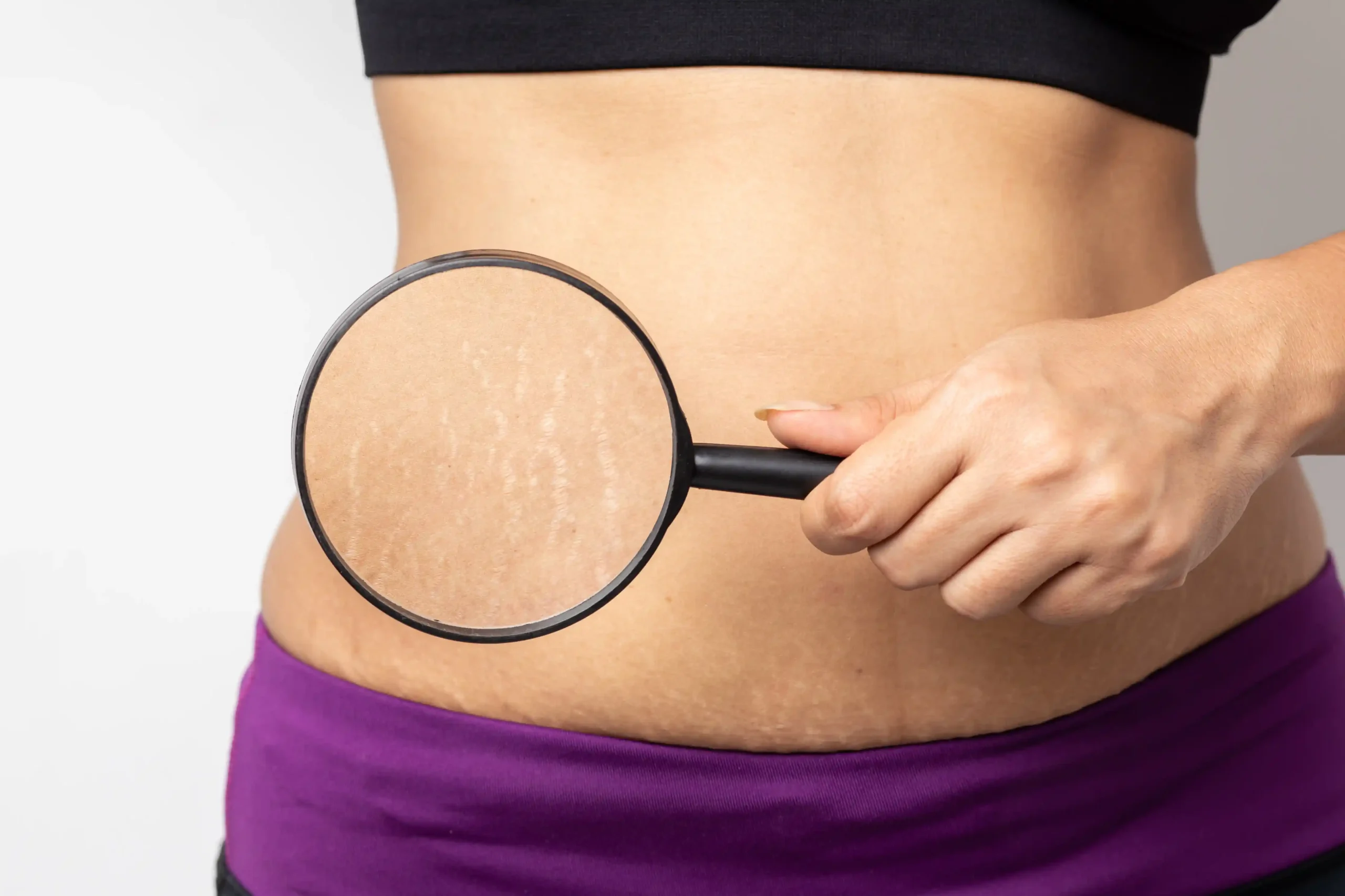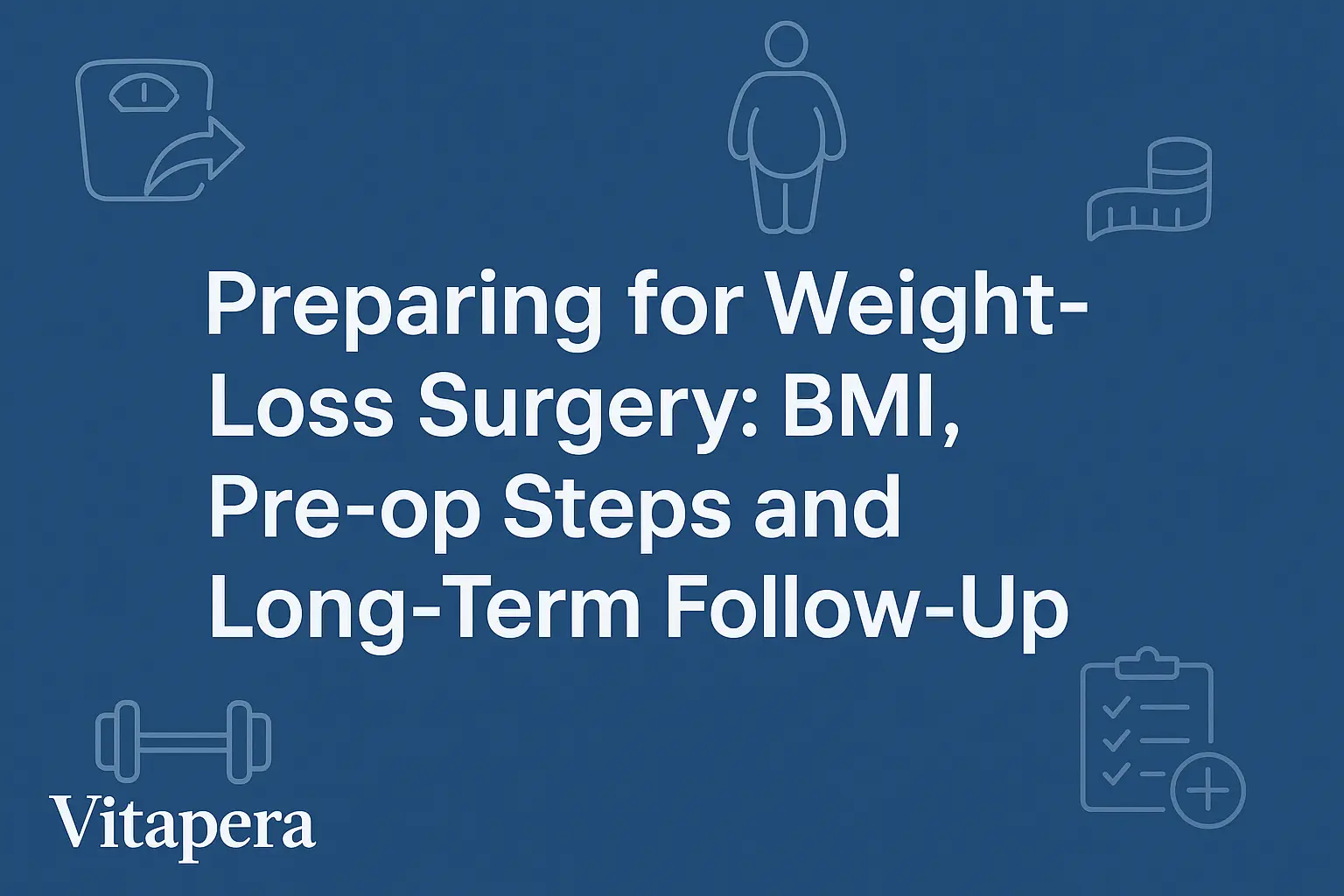Liposuction is a sculptor’s tool for your body health, a fantastic approach to modify those regions where stubborn fat persists no matter what you do. With fat removal surgery, you may target those pockets of extra fat and expose the enticing features you’ve always loved.
Consider this: You’ve been working out at the gym, sweating it out, and eating well, but certain places simply won’t budge. This is where liposuction comes in. It is not a weight-loss magic wand, but rather a sophisticated approach for refining your body’s natural contour.
Liposuction delicately sculpts your body with precision and care, allowing you to appreciate the characteristics that truly define you. It’s not only about the outside makeover; it’s also about the inside empowerment and self-assurance.
Regardless, you may have questions regarding what happens following liposuction. The most often asked question is if the fat will return after the treatment. We have developed a lengthy blog where we investigate this subject in order to explain certain points. Continue reading!
What Is Liposuction?
Liposuction, also known as “lipoplasty” or “suction-assisted lipectomy,” is a common cosmetic surgical technique used to remove excess fat from certain regions of the body. Liposuction is used to improve body contours and produce a more contoured and balanced look. This surgical procedure employs the use of a cannula, a narrow, hollow device that is introduced via small incisions in the skin near the target locations. The surgeon then suctioned out the undesirable fat cells, removing them from the body permanently.
Liposuction can be used to shape and contour the belly, thighs, hips, buttocks, arms, chin, and other parts of the body.

How is Liposuction Surgery done in Turkey?
You may obtain thorough information on your arrival procedure in Turkey from your clinic after you’ve chosen your clinic and doctor. The following is the protocol that will be followed on the day of surgery:
- Anesthesia: The treatment region of choice is softly numbed to ensure your comfort. Consider it a comforting hug, preparing you for the masterpiece that awaits you.
- Incisions: Incisions are created in inconspicuous spots near the target areas. These incisions act as entrance locations for the liposuction cannula, which is a tiny tube used to remove fat.
- Getting Rid of Fat: The liposuction cannula is inserted into the incisions and moved back and forth to break up the fat deposits. The fat is then suctioned out of the cannula with a vacuum or a syringe. This technique is continued until all of the fat has been removed.
- Closure: Once the fat has been removed, the incisions are closed with sutures or surgical tape, and the treated region is wrapped.
How Much Weight Can I Lose With Liposuction?
The amount of weight that may be lost with liposuction varies from person to person and is determined by a number of factors. Liposuction is not a weight reduction operation; rather, it is a body contouring technique used to remove targeted pockets of fat and remodel certain parts of the body. Rather than major weight loss, the main purpose of liposuction is to improve body proportions and generate a more sculpted appearance.
How Long Do The Results Last?
The longevity of liposuction outcomes might vary based on a number of factors, including your personal lifestyle, genetics, and how well you manage your weight. Liposuction permanently destroys fat cells from the treated locations, therefore the fat that is gone will not return. It is crucial to note, however, that if you gain weight, new fat cells can grow, and these new fat cells can collect in different places of your body.
Does Liposuction Remove Fat Permanently?
Yes, liposuction is a surgical technique that permanently eliminates fat cells from particular parts of the body. Liposuction removes fat cells, and they do not regrow in the treated regions. This is due to the fact that the process physically removes fat cells from the body.
It is crucial to remember, however, that while liposuction provides permanent elimination of fat cells in the treated regions, it does not prevent the formation of new fat cells. If you gain weight following liposuction, any residual fat cells in your body may enlarge, potentially resulting in weight increase and changes in body form.
Can I Gain Weight After Liposuction?
Yes, it is possible to gain weight following liposuction. While liposuction eliminates fat cells permanently from the treated regions, it does not prevent the formation of new fat cells or manage your total body weight. You may gain weight if you consume too many calories and do not live a healthy lifestyle, and the leftover fat cells in untreated regions of your body may enlarge.
It is critical to recognize that liposuction is neither a weight loss or weight prevention procedure. To keep your liposuction results and attain the greatest potential outcome, you must commit to a nutritious diet, frequent exercise, and a healthy lifestyle. By doing so, you may help to keep your total weight steady and enjoy the long-term advantages of liposuction while maintaining your preferred body contour.
How To Maintain Your Liposuction Results?
Maintaining the outcomes of liposuction involves a mix of excellent habits, a healthy lifestyle, and regular self-care. Here are some important tips to help you keep your liposuction results:
- Eat Healthy: Focus on a well-balanced and healthy diet rich in fruits, vegetables, lean meats, and whole grains. Limit your intake of high-calorie, sugary, and processed foods.
- Get Enough Sleep: Getting enough sleep is an important part of keeping your liposuction outcomes. Adequate sleep is essential for general health, including the maintenance of your body’s form and look following the treatment.
- Exercise Regularly: Include frequent physical activity in your daily routine. Cardiovascular and strength training together can help you burn calories, retain muscle mass, and support a healthy metabolism.











